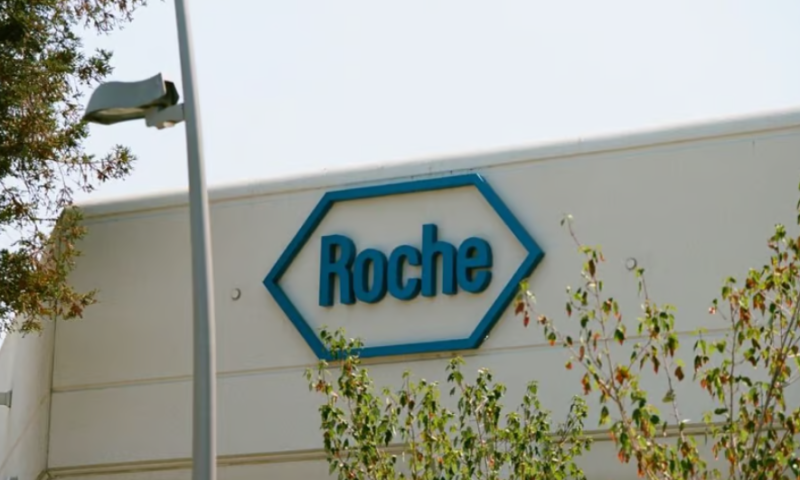Roche has bowed out of the race to develop an antisense oligonucleotide (ASO) for Angelman syndrome. After getting a look at early efficacy data, the Swiss drugmaker opted against advancing the candidate, switching its Angelman focus to another asset and leaving the ASO space to Biogen, Ionis Pharmaceuticals and Ultragenyx.
Basel-based Roche was one of a small band of drug developers to hit on the idea of using ASOs to boost expression of UBE3A, the neuronal E3 ligase that is at the root of the severe neurodevelopmental disorder. A phase 1 clinical trial of Roche’s ASO, rugonersen, began in 2020, but that is as far as the drug candidate will get under the Swiss drugmaker.
“Roche has taken the decision not to progress rugonersen into the next stage of clinical development,” a spokesperson said. “The molecule was well tolerated and had an acceptable safety profile. Roche is committed to finding the best possible solution for rugonersen and people living with Angelman syndrome.”
News of Roche’s decision emerged via the patient community, with FAST, an Angelman advocacy group, putting out a blog post after learning of the revised development plan for rugonersen. In the post, FAST said Roche saw “encouraging effects” from electroencephalogram testing but the changes fell short of its criteria for taking the asset forward. Roche will continue an open-label extension study and is looking to partner the molecule.
After hearing the news, analysts at Evercore ISI spoke to Ultragenyx and, in a note to investors, said “they always thought Roche’s ASO didn’t have enough potency and in our recent meeting with them wondered about [the] future of the molecule.” Patients are already contacting Ultragenyx about switching to a trial of its ASO, according to the analysts, and transferring “should be okay with the right washout period.”
Ultragenyx’s GTX-102 is one of two UBE3A ASO options open to Angelman patients who want to switch from Roche’s rugonersen to a similar molecule. BIIB121, an Ionis candidate that Biogen has the option to license, is the other ASO. The candidates are in phase 1 trials that are scheduled to wrap up in 2025, years later than originally planned for both GTX-102 and BIIB121, also known as ION582.
Overall, the Evercore ISI analysts said Roche’s decision is good for Ultragenyx because it means less competition, but they acknowledged it is impossible to rule out that the efficacy limitations of rugonersen are a classwide problem that will affect GTX-102 and BIIB121. Ultragenyx and GeneTx, its partner on GTX-102, shared some data on their ASO last year, but the release left many questions unanswered.
At Roche, Angelman attention now turns to alogabat, a GABA modulator that moved into phase 2 late last year. Roche, which currently lists one recruiting location, is activating sites, according to FAST.

